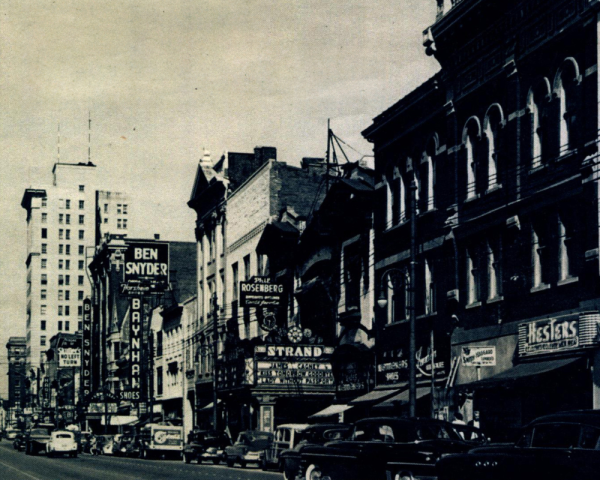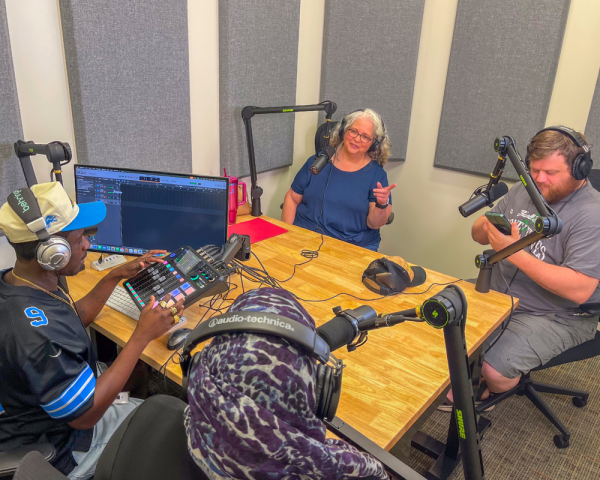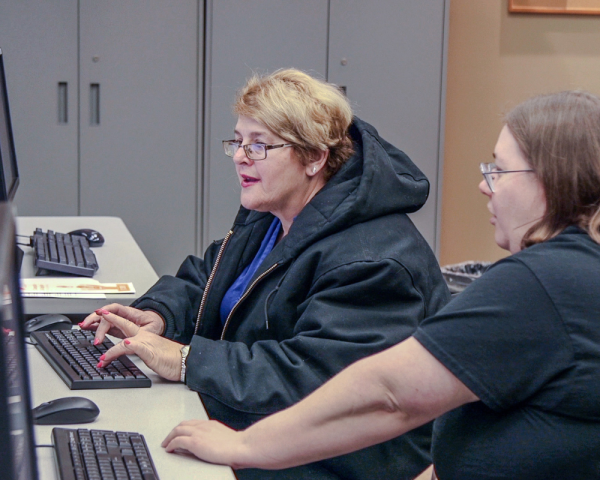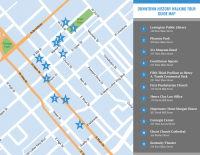

Website Search
The Undesign the Redline project unearths the deep and systemic history of structural racism and inequality in the United States. This interactive exhibit explores policies like Redlining, their implications for today, and what we can do to undesign them.
The exhibit was created by social impact design studio designing the WE and has been invited to dozens of cities across the country. A local advisory group has helped to produce local history and stories about Redlining in Lexington.
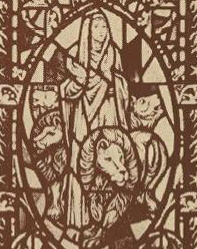
Fayette County churches contain some of the earliest records and information preserved about central Kentucky history. The digital archive contents include church ledgers, minutes, directories, and informational brochures.
Thank you for thinking of the Friends Book Cellar for donating your: books, CDs, DVDs, and current year magazines.
Do you love to read? Would you like to recommend some books for other readers? This opportunity is for you!
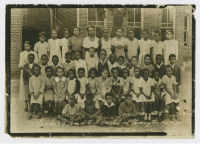
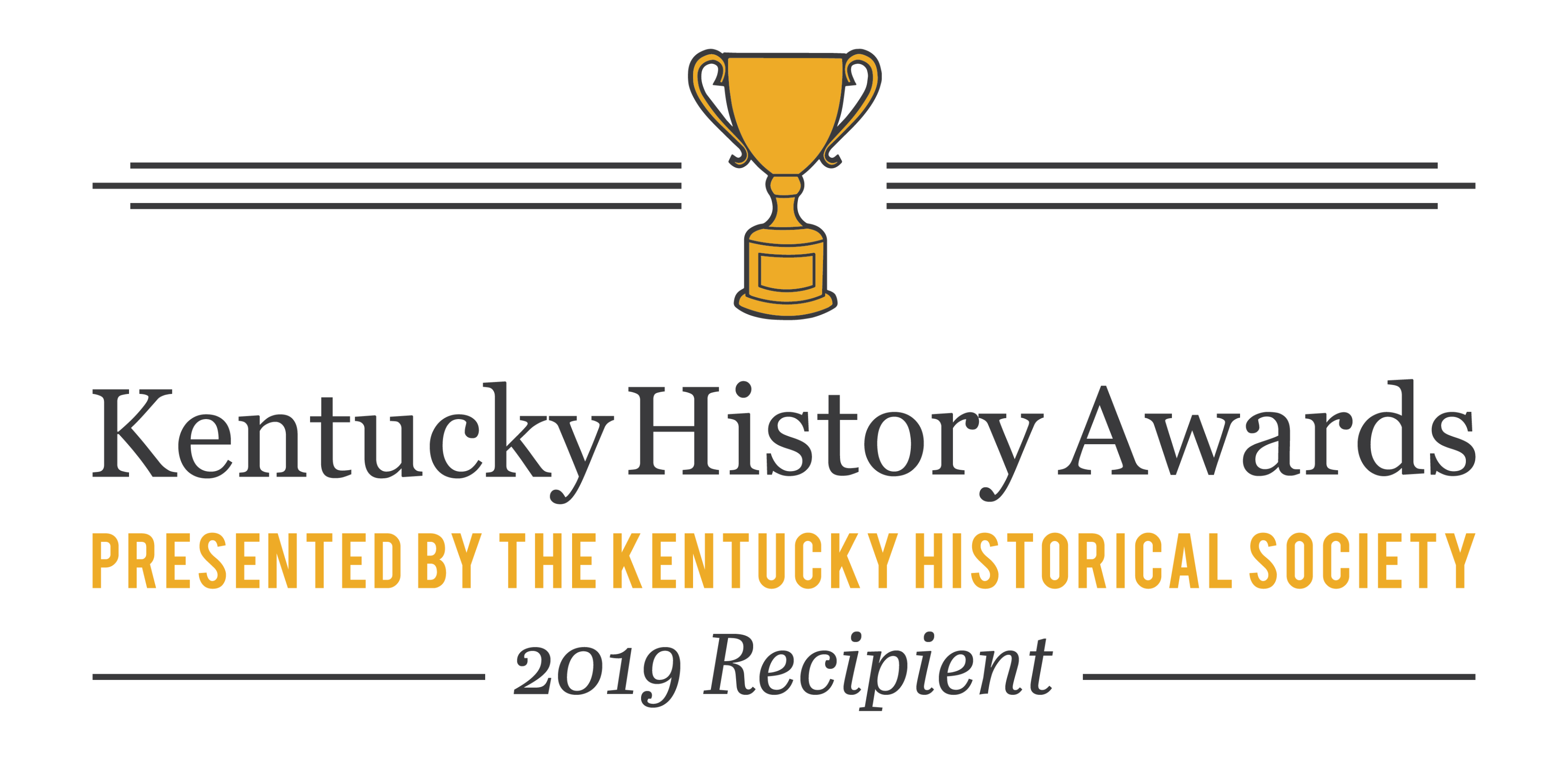
description coming soon.
Learn by doing. Get hands-on practice with cutting edge technology at our Digital Studio, Kloiber Foundation STEAM Lab, and Makerspace on your own or learn from our expert staff during structured programs.
Community Reads is our Lexington-wide book group. Connect with your friends and neighbors by reading the selected book, joining in a book discussion or related program, and attending a book talk with this year's featured author.
How can we help you? We've gathered a variety of resources for readers, students and educators, job seekers. entrepreneurs and nonprofits, and English language learners.
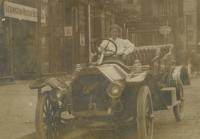
Fayette County, Kentucky, has changed enormously since it was created in 1792. This collection contains government documents for the city of Lexington, for Fayette County, and for the merged Lexington-Fayette Urban County Government, as well as funeral notices, club directories, scrapbooks, image collections and a history of Lexington Public Library.
description coming soon.
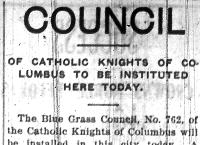
The Knights of Columbus is a fraternal Catholic service organization begun in the 1880s. In 1903, the local Bluegrass Council 762 became the third chapter in Kentucky, and it acquired its 4th degree status in 1920.
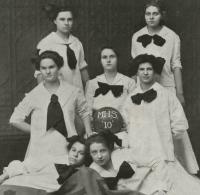
The Morton School Number 1, Lexington’s first public city school in 1834, was originally built on the corner of Walnut (later Martin Luther King Dr.) and Short Street.
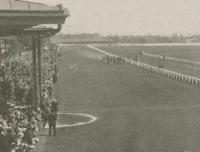
Fayette County's local businesses and organizations contain a wealth of information about local residents.
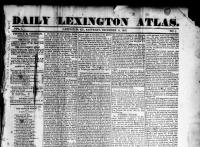
The Daily Lexington Atlas ran from December 11, 1847 through November 20, 1848 and was Lexington’s first daily paper, and the first to publish information from the telegraph lines.

The True American was an anti-slavery newspaper started by Cassius Marcellus Clay in June 1845.
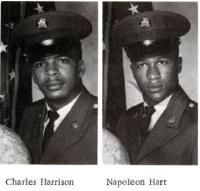
The United States Army Armor School began in 1940 as the Armored Force School and Replacement Center at Fort Knox, Kentucky.
Join us for a walking tour of Downtown Lexington’s historic sites. The full tour is available as a single MP3, or you can download individual tracks. For the single MP3, music will play between the stops. You can pause the track while you walk between stops.
This tour covers a walking distance of 1.1 miles.
The music clips used in this tour are from “Walking Barefoot on Grass” by Kai Engel, and are used with a CCBY license. It is available here: http://freemusicarchive.org/music/Kai_Engel/

